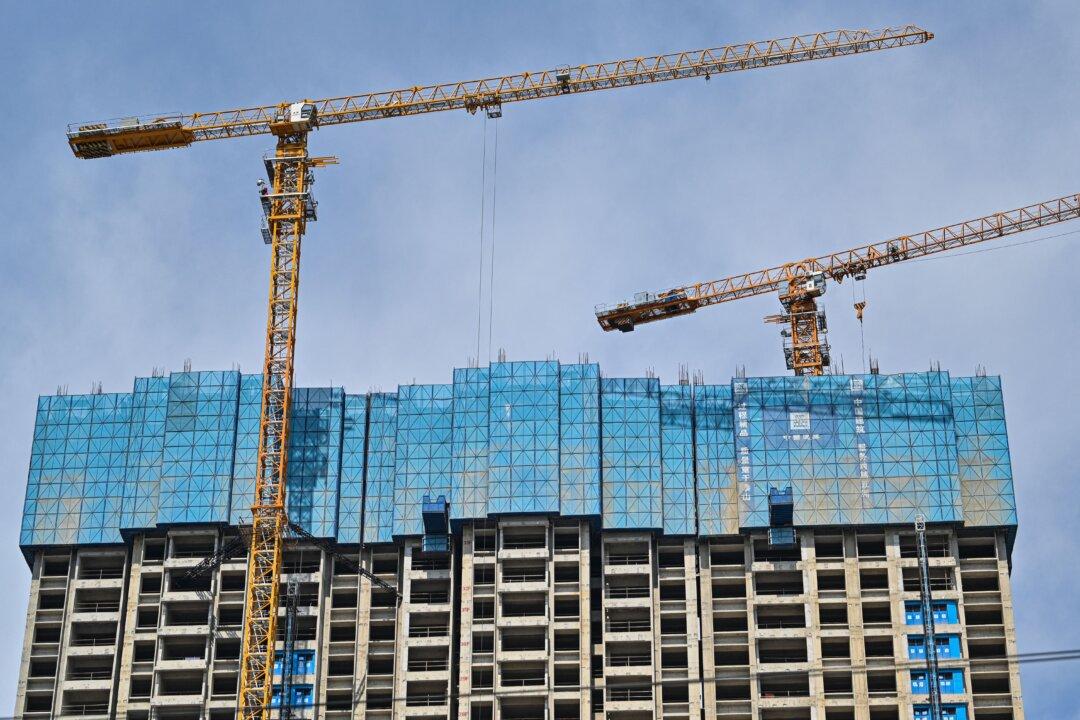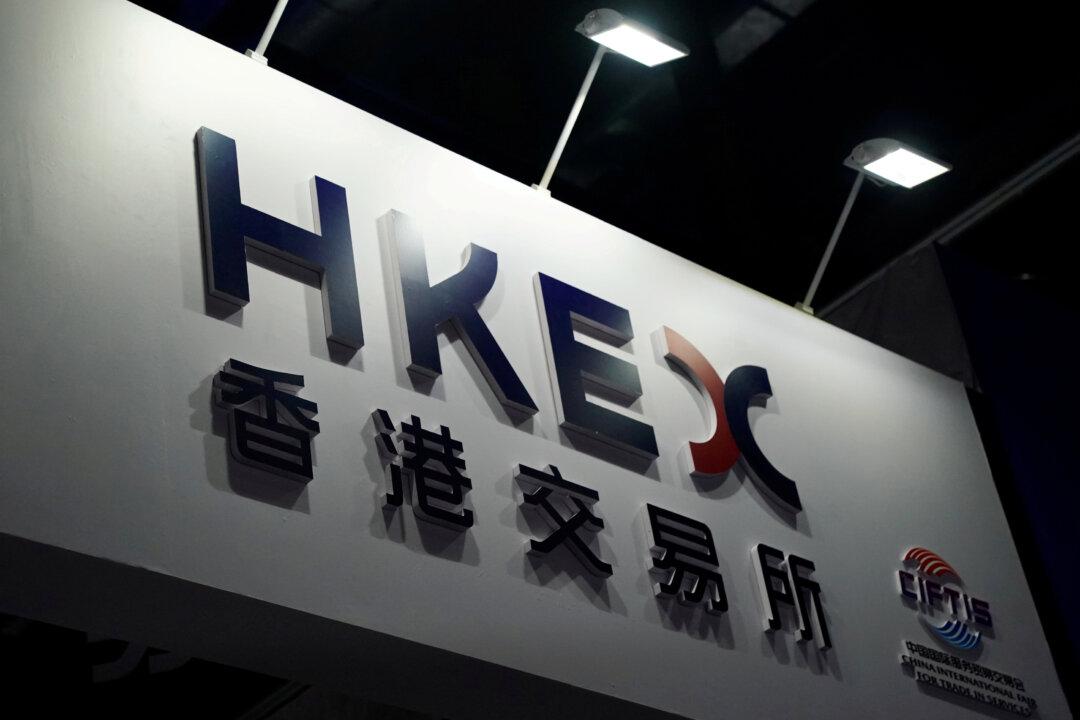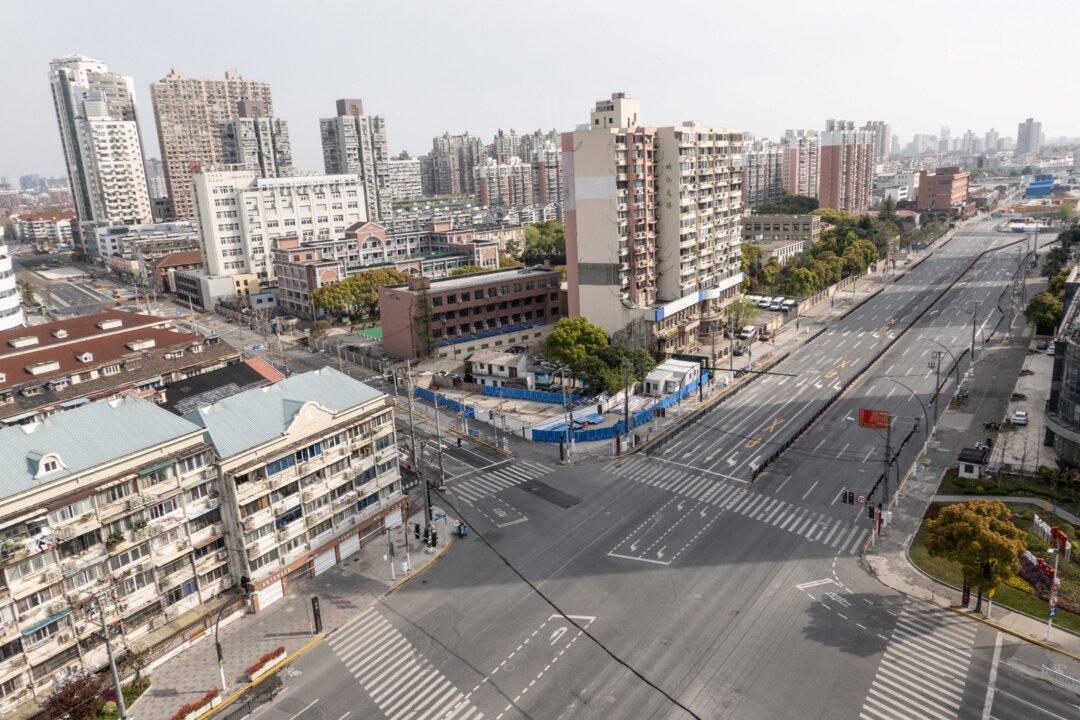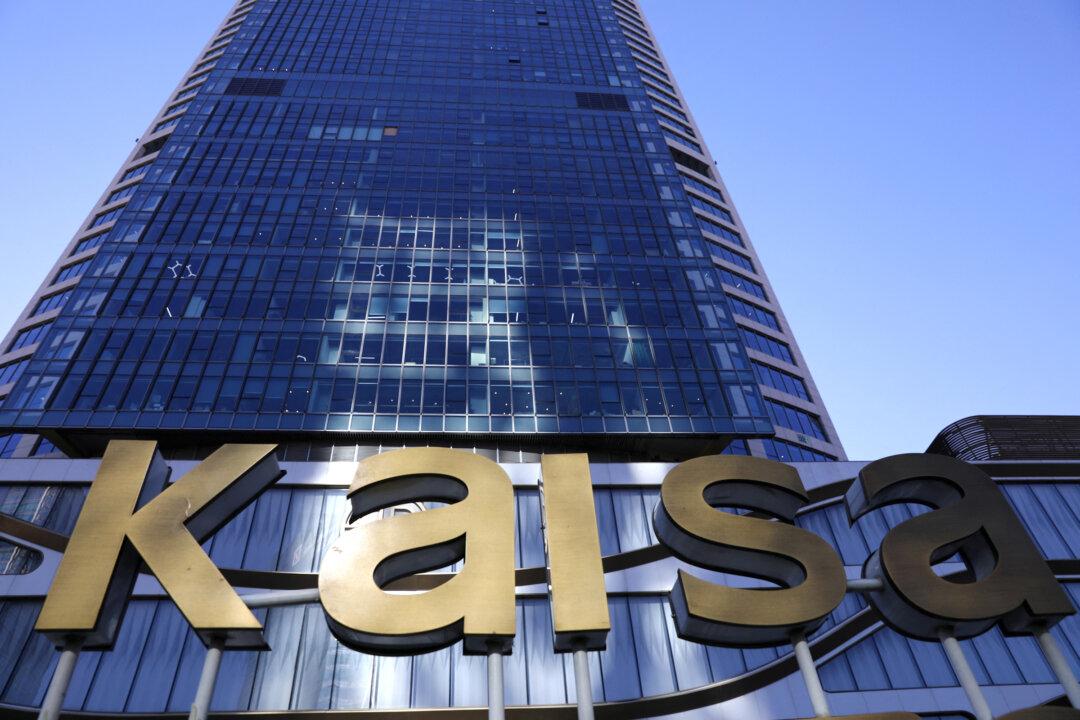China’s developers continue to face a liquidity crunch, with fundraising across all channels down 70 percent year over year in January, reported state-run media China News network.
Capital raised by the property industry through selling domestic and international bonds, trust loans, and asset-backed securities totaled 79 billion yuan ($12.4 billion) in January, as uneasy sentiment extended into the new year, according to the report citing data from China Index Academy, a research institute specializing in real estate.




